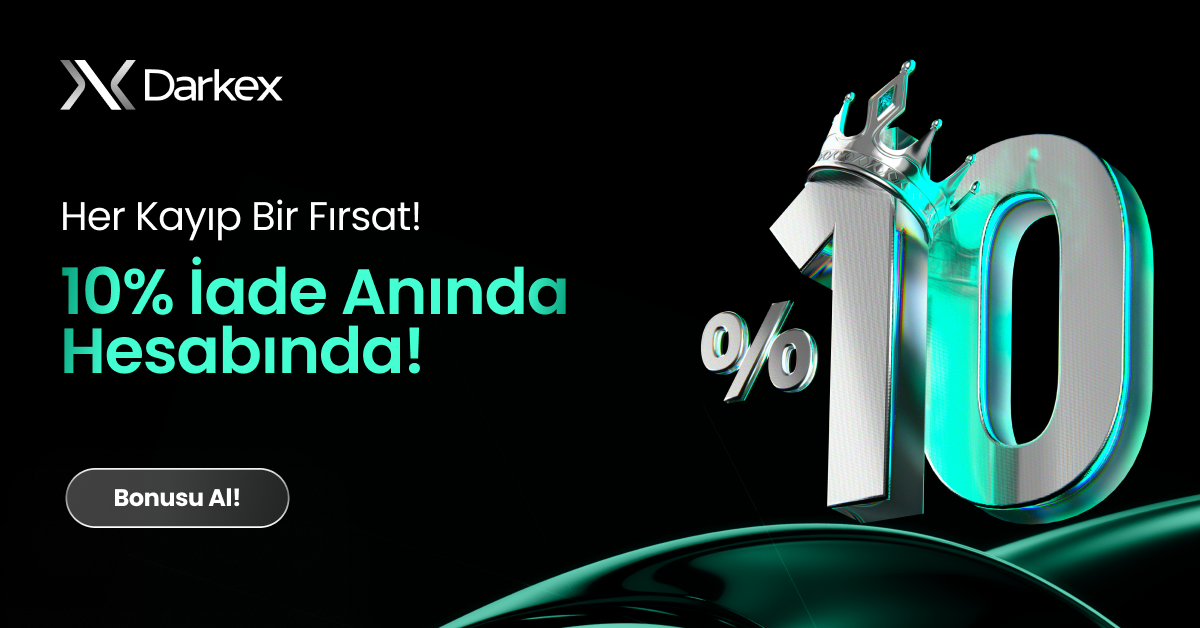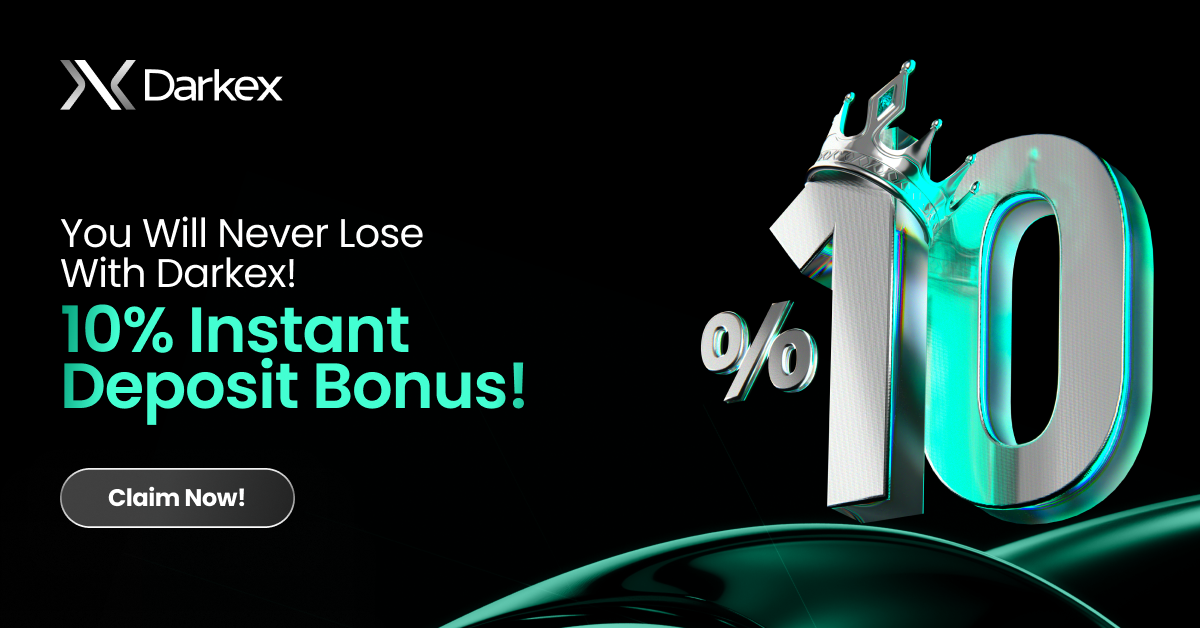Block Reward
A block reward is the incentive given to miners when they successfully validate a new block on a blockchain. It consists of two parts:
-
Block subsidy – newly created coins, usually the largest portion.
-
Transaction fees – fees collected from all transactions included in that block.
In Bitcoin, the block reward originally started at 50 BTC. Through a process called Bitcoin halving, this subsidy is reduced by half every 210,000 blocks (around 4 years). Rewards dropped to 25 BTC in 2012, 12.5 BTC in 2016, and 6.25 BTC in 2020.
The new coins are generated via a coinbase transaction, which is the first transaction in a block and creates coins from a blank input.
Block rewards are a key mechanism to incentivize miners, secure the network, and control the release of new coins into circulation.



